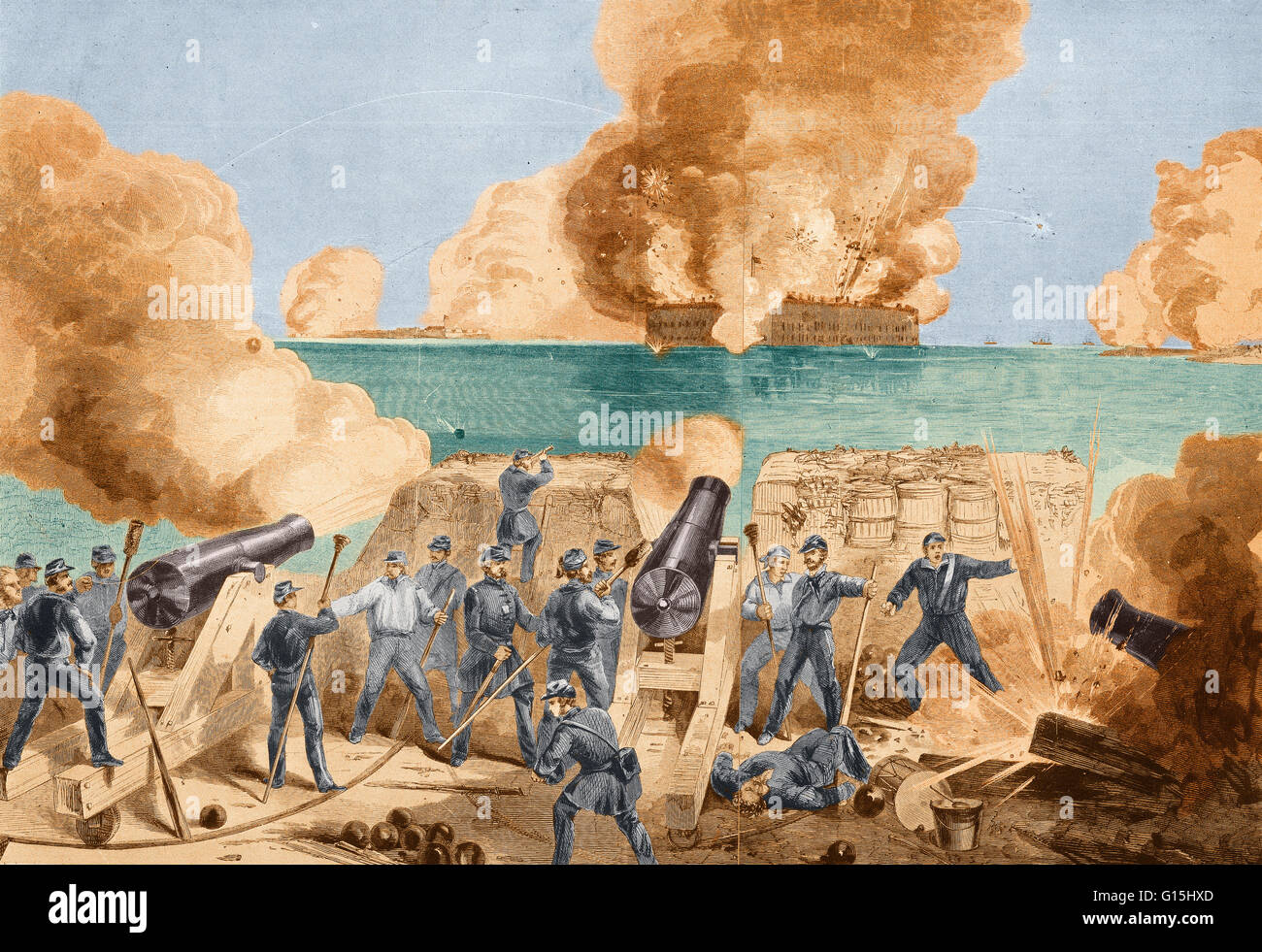Tell It Right: "Republicans were set to get the federal government out of the way and let the States decide on abolition/slavery (while still implementing abolition in territories)."
 Well... before 1861, there was never a proposal in Congress to abolish slavery nationally.
Well... before 1861, there was never a proposal in Congress to abolish slavery nationally.
Rather, the issues had to do with potential restrictions and limitation on slavery in the Western territories, in international trade and with slaveholders "sojourning" in free states (i.e., SCOTUS Dred Scott).
Republicans wanted to limit and restrict slavery wherever possible, outside the South, and slaveholders saw that as an existential threat.
Remember, from Day One in 1776, US states were always free to legalize, limit or abolish slavery as they saw fit, so the political issue was only how much Federal government could allow or limit slavery elsewhere, such as Western territories.
Tell It Right: "But there's part of me that thinks that once Lincoln got in office, the Republicans could have done more to just let them go.
I don't remember reading any message from Lincoln or the Republicans saying, "Hey, Dims.
Now that us Republicans are in charge there no longer needs to be a war.
We'll withdraw our troops from old forts that are now in Dim lands.
You go your way, we can go ours.""
Your idea here was suggested by some Northerners at the time, but was not recognized as an option by either Democrat Pres. Buchanan (from Pennsylvania) or Republican Pres. Lincoln (from Illinois).
Both insisted that Federal properties remained Federal properties, regardless of what secessionists declared or did.
Both kept Union troops at Forts Sumter in Charleston Harbor, South Carolina, and Pickens at Pensacola, Florida.
Neither president submitted to repeated Confederate demands for the forts' surrender.
 Lincoln's problem was that both Fort Sumter and Fort Pickens needed resupplies and reinforcements, and his resupply/reinforce mission is what triggered Confederate Pres. Jefferson Davis (from Mississippi), on April 9, to order Fort Sumter be "reduced" and forced to surrender.
Lincoln's problem was that both Fort Sumter and Fort Pickens needed resupplies and reinforcements, and his resupply/reinforce mission is what triggered Confederate Pres. Jefferson Davis (from Mississippi), on April 9, to order Fort Sumter be "reduced" and forced to surrender.
Davis's cabinet endorsed his order with only one dissent, Secretary of State Toombs (from Georgia) said to Davis:
"Mr. President, at this time it is suicide, murder, and will lose us every friend at the North.Tell It Right: "And, of course, Virginia had already turned Confederate."
You will wantonly strike a hornet's nest which extends from mountain to ocean, and legions now quiet will swarm out and sting us to death.
It is unnecessary; it puts us in the wrong; it is fatal."
Not yet -- admittedly, the timeline here can get a little confusing:
- On March 4, 1861, Lincoln was inaugurated.
The US Army then totaled about 17,000 troops, most scattered in small forts out west. - On March 6, the Confederate congress in Montgomery, Alabama authorized raising 100,000 troops.
- On April 4, Virginia's secession convention voted two-to-one against secession, and Lincoln saw an opportunity to make a deal, trading Fort Sumter for Virginia's promise not to secede in the future.
His words were reported as "a fort for a state seems like a good bargain".But that deal could not be struck, and in the meantime, Maj. Anderson's position in Fort Sumter grew increasingly desperate -- he needed resupplies, as a minimum.
So, Lincoln sent resupplies and that triggered Jefferson Davis's order to reduce the fort. - April 12, Battle of Fort Sumter began.
Still, for several days, Lincoln might have treated the loss of Fort Sumter as "no big deal" and maybe called for negotiations to resolve other conflicts.
But he didn't. Instead, - On April 15, Lincoln called for 75,000 troops to retake not just Fort Sumter, but all of the dozens of major Federal properties (forts, ships, arsenals & mints) seized by Confederates since January 1861.

- On April 17, Virginia's convention reversed its votes, now in favor of secession.
- On April 19, Union troops in Baltimore, Maryland suffered 40 casualties in riots by secessionists.
- On April 20, Confederates seized Gosport Navy Yard in Norfolk, Virginia.
- On April 21, Western Virginians began moving to declare secession from Virginia.
- On April 23, Jefferson Davis offered military aid to Missouri secessionists.
- On April 23, US Army officers captured in Texas were treated as POWs.
- On April 26, Georgia's governor ordered all debts owed to northerners repudiated.
- On April 29, the Confederate congress in Montgomery, Alabama granted war powers to Jefferson Davis
- On April 29, Maryland's legislature voted 53-13 against secession.
- On May 6, the Confederate congress formally declared war on the United States.
- On May 9, Jefferson Davis authorized another 400,000 Confederate troops making the total 500,000 -- plus 6 new warships.
In those early days, had there been a quick Union victory at, for example Manassas, the war might have been settled without the abolition of slavery.
Still, slavery was an issue from the beginning, early-on referred to as "Contraband of War", and eventually formalized in the Emancipation Proclamation and the 13th Amendment.
Bottom line: yes, Republicans could theoretically have prevented war simply by surrendering to every Southern Democrat demand.
But, in truth, Southern Democrats were eager to prove their metal in battle, and so peace would have required increasingly obsequious Doughfaced Republican behavior.
Unlikely.
How eager are today's Democrats to submit to Republican dominated government?
I highly doubt if they will submit quietly -- more likely, after a major Trump victory in November, we'll hear loud Democrat echos rhyming with 1861.
It's who Democrats are, it's what they naturally do when removed from political power.